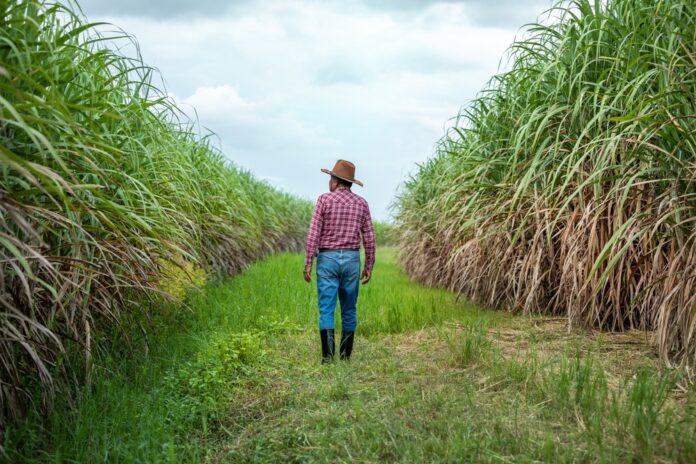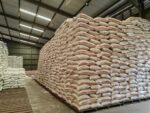The Sugar Regulatory Administration (SRA) has sounded the alarm over a growing infestation of red-striped soft scale insects (RSSI) in Northern Negros Occidental, warning of potential commercial disruption and calling for urgent policy intervention to contain the threat.
The pest, known to slash sugar content by up to 50 percent, has been detected in six localities, though the full scale of the outbreak is still under surveillance. SRA administrator Pablo Luis Azcona described RSSI as a “serious threat,” especially under current high temperatures that facilitate its rapid spread.
A task force headed by SRA board member David Andrew Sanson has been mobilized to coordinate with the Department of Agriculture (DA) on emergency response, quarantine protocols, and movement control of planting materials. “We must act now,” Sanson said, urging a halt to cane point transport from Luzon, where the pest has previously appeared.
The infestation could imperil the projected 1.837 million metric tons (MMT) sugar yield for crop year 2024–2025, already lower than last year’s 1.92 MMT. This could drive up production costs and disrupt both domestic supply and pricing stability. Retail sugar prices in Metro Manila already range between P74 and P90 per kilogram, with millsite raw sugar prices recently climbing 2.2 percent week-on-week.
In response, the SRA is working with the National Crop Protection Center (NCPC) to test potential insecticides, including five unregistered chemicals. While current regulations place the onus of emergency-use approval on manufacturers, Azcona said the agency may seek exceptions under DA provisions to fast-track approval given the urgency.
Azcona pointed to the DA’s past success in containing coconut-scale insects through movement bans and strict quarantine. “We must apply the same vigilance here,” he said.
A national monitoring center is also being set up to track reports and enhance coordination across sugar-producing regions.
The SRA’s aggressive containment strategy could prompt revisions to emergency-use pesticide protocols and inter-island plant transport policies, with broader implications for agricultural biosecurity and supply chain resilience.







